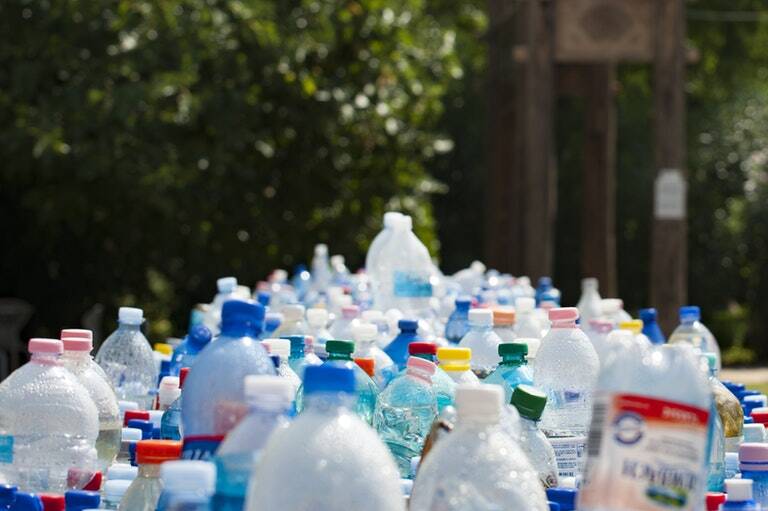Waste is a major practical and political concern, and it’s also an increasingly public issue as news outlets publish pieces about pollution, plastics in the ocean, and whales killed by car parts. From a professional perspective, though, the waste needs to go somewhere and developing a zero-waste system requires an operational shift. By embracing big data, however, businesses can streamline their disposal practices where it really matters.
Addressing Outdated Vehicles
Though the average car has a lifespan of 10 years or 200,000 miles, despite the fact that many used cars stay on the road much longer, Americans bought 17.6 million new cars in 2016. This raises the question: where do all the obsolete cars go? Well, a lot of places.
After natural disasters, like hurricanes and floods, thousands of damaged vehicles are totaled out. Others go through a slower process, broken down for parts with recalled components removed. Situations like this can be difficult for scrap yards and auction lots to handle, though, because they can’t accommodate such an influx of vehicles.
By using data to identify trends in disaster-related car abandonment and merging that information with recalls databases and normal obsolescence, scrap and salvage centers and auction sites can develop a streamlined system for handling vehicles exiting the system. This enables salvage businesses to maximize payouts to owners, improve distribution of parts, and keep the flow of totaled out cars moving so that they aren’t abandoned to the ocean or the dump.
Rethinking Recycling
Unlike scrap and salvage, recycling is viewed as the responsible way of dealing with waste – and in most ways, it is. Unfortunately, most modern recycling programs are highly inefficient and recycling and waste management programs could both benefit from significant technological improvements.
One of the main reasons recycling is operating sub-optimally is because people don’t understand the rules, and loads of recycling arrive at the plant contaminated and unable to be used. New smart systems that track recycling pick-ups can link contaminated recycling to specific routes, thereby identifying which users may be responsible. With this information, waste management specialists can provide targeted education and reduce waste within the recycling system.
Startups are also breaking into the waste management space, with companies like Rubicon Global that optimize data to increase waste diversion from landfills through smarter use of a network of independently owned trucks. Drawing on the fact that much of landfill waste is actually recyclable, such a system has the ability to use data in a proactive manner, rather than passively piling up waste in overstuffed landfills.
Data For A Greener Future
Data systems, from wearable air pollution monitors to smart garbage trucks and satellite data for oceanic monitoring, all play a role in moving the U.S. towards being a zero waste system; one in which we rely on multiple recycling and composting interventions to circumvent traditional extraction and landfilling practices. This may seem a long way off, but when we account for the wide variety of materials we can make from renewable sources today, it’s obvious that zero-waste is attainable. We have the technology to change our standard of operations, but the motivation is lacking. It’s time to make a change.

